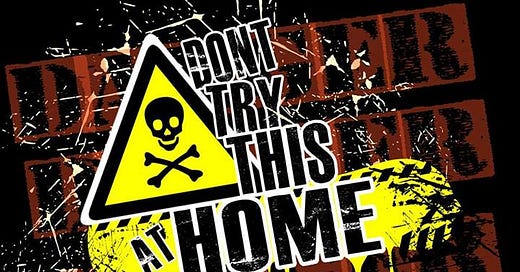You know that old movie. The one where half the plot would be ridiculous if it were filmed today because now we have cellphones. Since I’ve been eating myself silly over the past few conference, wedding, birthday & Father’s Day meals, I reflected this morning over known unknowns. Three of my six sons (counting nephews and fiances) are trying to lose wei…
Keep reading with a 7-day free trial
Subscribe to Stoic Observations to keep reading this post and get 7 days of free access to the full post archives.




